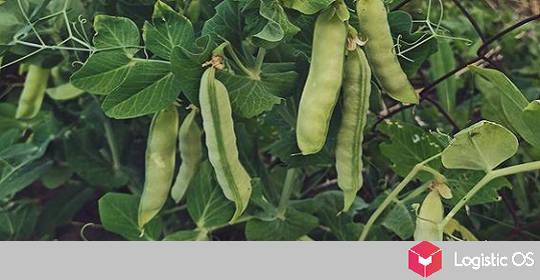According to the latest data, the average cost of export-oriented projects in the agro-industrial complex has increased by 10%.
In total, about 400 such projects were implemented in Russia in 2024, their total cost was at the level of 1.1 trillion rubles.
It is emphasized that this is 10% more than the previous year, which generally speaks of the development of such projects.
According to the latest estimates, by 2027, export revenue from the implementation of such projects will amount to approximately 9.5 billion dollars. This is a very significant amount, which is over 20% of the total volume of agricultural exports as of last year.
At the same time, in 80% of cases, when implementing new export projects, investments are made for the construction of new production facilities, in 12% — for the modernization and repair of equipment, and another 8% — the expansion of existing production capacities.
Among the projects, there are those related to the food and processing industries, as well as meat and oil and fat, fish and grain.
When investing in any project, the length of the investment cycle is extremely important for the investor. It is noted that export projects in the agro-industrial complex usually have an investment cycle length of about 4 years.
At the same time, in dairy products, such a cycle is the shortest and is just over 3 years, in deep grain processing it is the longest: at the level of 6.5 years.
As for the most capital-intensive projects, they usually concern the oil and fat industry, as well as deep processing of grain and oilseeds. However, most of the projects that have been launched and are being implemented today are less capital-intensive and require investments of no more than 4 billion rubles.
In general, at the moment, investments in the agricultural sector remain profitable, experts emphasize. This is especially true for investments in projects that are initially focused on export.
However, it is important to eliminate all those barriers that can currently hinder the sale of goods abroad, for example, sanctions, difficulties with financial settlements and ship insurance, as well as export duties.
All this significantly hinders agricultural producers from successfully and profitably selling their products abroad.
A solution could be market diversification and strengthening of eastern trade corridors through which supplies go to Asian countries.
In general, according to experts, it is extremely important to develop deep processing of agricultural products, because this allows for a significant increase in marginality, as well as strengthening the country’s food security.

